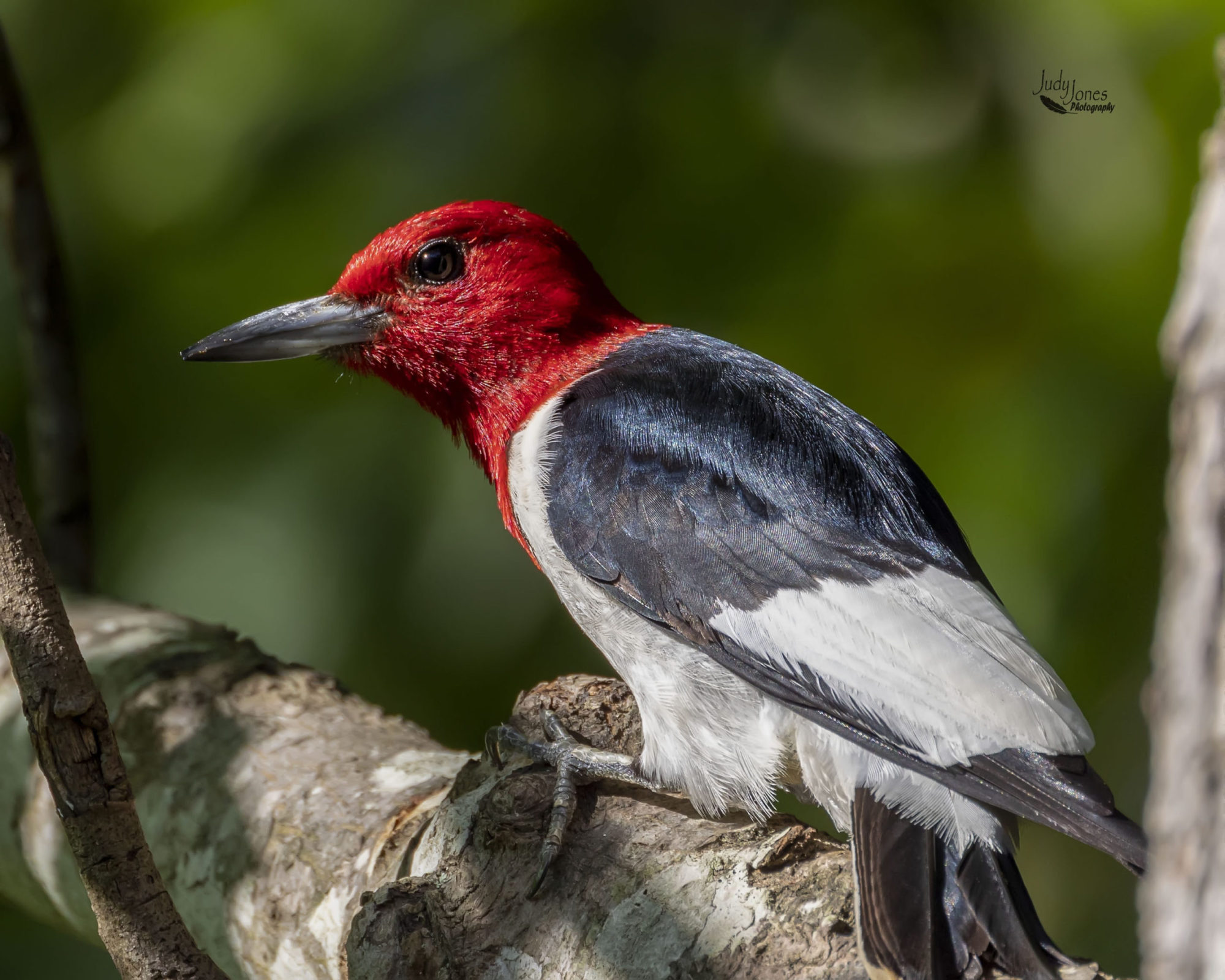A mysterious illness that was first noted around the nation’s capital and then killed thousands of birds across more than 10 eastern states appears to be waning. The Virginia Department of Wildlife Resources still advises residents in affected northern Virginia counties to desist feeding the birds. For those outside of the affected area it advises taking down the feeders only if multiple dead birds are observed in your yard, which was always good advice. Reports to the agency have declined sharply in recent weeks. Reports can be filed at https://dwr.virginia.gov/wildlife/diseases/bird-mortality-reporting-form/
The source of the fatal illness, which causes crusty eyes and neurological problems, has never been identified, but since the beginning there has been an uncanny correspondence with the geography and timing of the Brood X cicada emergence. In some wildlife disease outbreaks multiple stressors are at play, such as a combination of immune-weakening pesticides in the cicadas and a parasite that normally does not overcome birds. Perhaps the eye infection is caused by a bacterium spread by feeders and the neurological symptoms are from a long-banned pesticide that has accumulated in underground cicadas over the past 17 years.
Should you resume feeding the birds yet? As always, that is a personal decision. Some influential pro-bird organizations such as MassAudubon are being cautious, recommending that no one in Massachusetts feed birds, despite lack of any cases in that state yet. Others, such as Virginia’s wildlife agency, have never recommended taking down feeders unless you live near ground zero in a northern county or see disease with your own eyes.
Out of an abundance of caution, I will keep my feeders empty until cooler weather returns in October. This is partly because I am enjoying not having to clean feeders during these moldy months. I am providing two water baths though, and will feed hummingbirds during their southward migration in August and September, when they won’t find many flowers in my neighborhood. Because no disease agent has been identified there is no consensus among the leading scientific institutions as to whether bird feeders are contributing to this epidemic. I recommend following your own common sense in deciding whether to feed your birds this summer. Feeding the birds is as much for you as it is for the birds, so factor in the benefits that you and your feathered friends receive, and the currently low risk that is entailed by feeding birds in this area.

